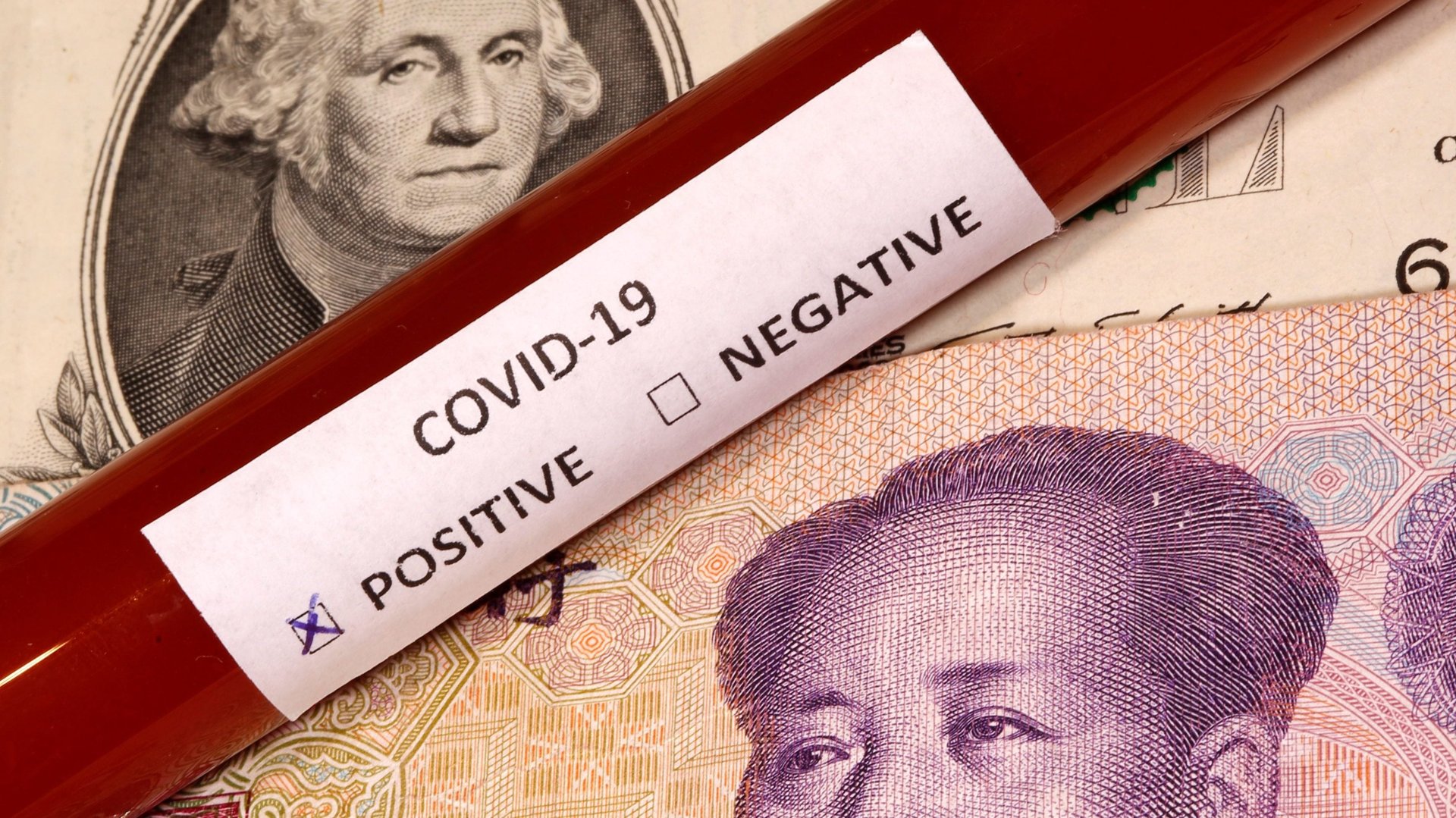The global economy news the US election overshadowed
While some of us were compulsively checking for updates on the US election, stock markets rose and fell, people found and lost jobs, and the coronavirus continued spreading. Here’s what else happened this week in the global economy.


While some of us were compulsively checking for updates on the US election, stock markets rose and fell, people found and lost jobs, and the coronavirus continued spreading. Here’s what else happened this week in the global economy.
Covid-19 cases keep rising
Until there’s an effective and widely distributed vaccine, the biggest question for the global economy is the spread of Covid-19, which doesn’t care who is president. While the number of confirmed cases appears to be leveling off in some countries, the seven-day rolling average is increasing in the US and Germany.
The US job market is continuing to recover
The good news for America is that it has regained more than half of the jobs that were lost in the early days of the pandemic, and the unemployment rate fell to 6.9% in October, compared with 7.9% the month before and nearly 15% in April. The bad news is that Covid-19 isn’t under control. Consumers may choose to stay home to protect their and others’ health, and government officials may feel forced to ratchet up restrictions to contain the spread of the virus. If these further restrictions are necessary, the recent improvement in the job market could be fleeting.
Stock markets keep waiting for another US relief package
A major question has been whether, and how big, another round of US federal spending on coronavirus relief will be. The US election results so far suggest that neither Republicans nor Democrats will have enough power to push through their objectives, leading to gridlock. Wall Street is betting that the country will get a smaller relief package than some had hoped for. As coronavirus cases rise, investors are betting on the “stay at home” stocks—big tech companies like Amazon and Apple—that can generate profits even if the economy slows and the pandemic continues to surge. The tech-heavy Nasdaq 100 stock index handily outperformed benchmarks for smaller company stocks and the broader market of large US equities.
The federal reserve keeps pushing for higher inflation
In the US, where coronavirus cases set a new record, Federal Reserve policy makers reiterated their commitment to getting inflation back up to 2%, but institutional investors aren’t so sure. Instead, fixed-income traders lowered their expectations for price increases by the most since September, according to breakeven rates, an estimate of future inflation that is based on inflation-protected securities. Government bond traders, who are especially sensitive to inflation because it eats into their already-slim returns, may be betting that Washington gridlock will produce little in the way of inflation-inducing government relief spending.
The yuan keeps getting stronger
The Chinese yuan surged against the US dollar this week, rallying to its strongest level against the greenback in more than two years, as signs grew that former vice president Joe Biden would be the next US president. While Biden has said he would make China “play by the international rules,” his approach would likely be less volatile than US president Donald Trump’s trade war has been.